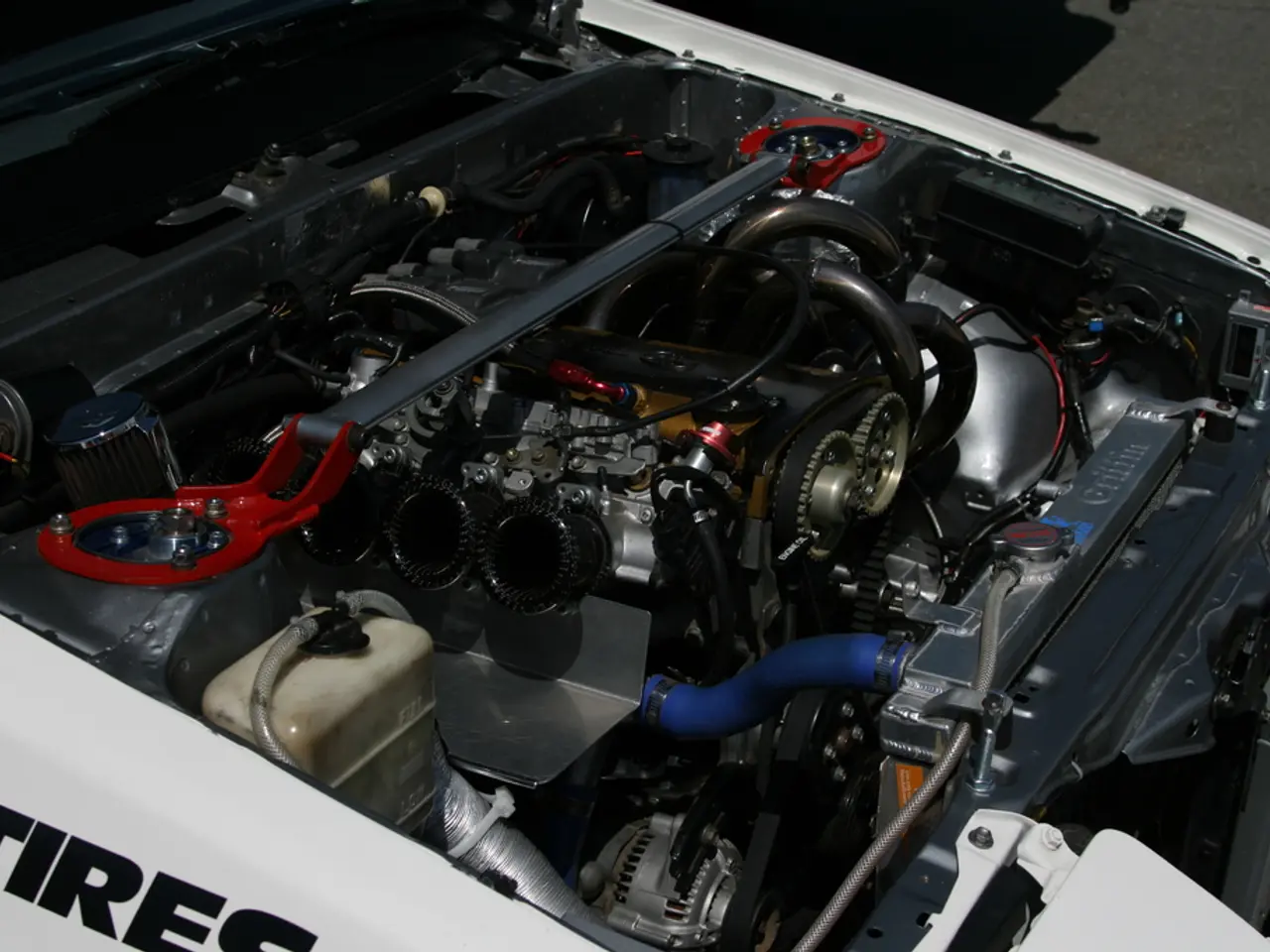"CDU advocates for the removal of ban on diesel fuel for corporate vehicles"
In a letter to EU Commission President Ursula von der Leyen, CDU politician Manuel Hagel has expressed his opposition to the planned phase-out of combustion engines for company fleets and rental cars by 2030.
Hagel, the state chairman of Baden-Württemberg, believes that such a step would be impractical, particularly in rural regions where the charging infrastructure is still far from the density required for a disruptive change like the jasper phase-out of combustion engines.
The letter reiterates Hagel's opposition to the plans of the European Commission, which he views as an attack on entrepreneurial freedom and having far-reaching consequences for the economy, small businesses, and employment. He argues that the phase-out of combustion engines would be a concern, as it could limit the freedom of choice for businesses and consumers.
Instead, Hagel calls for technological openness in the EU Commission's plans for climate-friendly mobility. He suggests synthetic fuels, hydrogen drives, and further development of the combustion engine as means to contribute to CO2 reduction. He also urges the EU Commission to consider alternative measures for reducing CO2 emissions in the transportation sector.
The letter underscores the challenges faced in rural regions of Baden-Württemberg in terms of charging infrastructure for electric cars. Hagel points to the insufficient charging infrastructure as a reason for his opposition to the phase-out of combustion engines.
Hagel's letter is the latest in a series of communications expressing his concerns about the proposed combustion engine ban. The letter was reported by 'Focus'.
In the letter, Hagel emphasizes the need for climate-friendly mobility with a sense of proportion, not ideologically exaggerated ban politics. He highlights the importance of a balanced approach to climate policy, avoiding excessive regulation.
Overall, Hagel criticizes the plans of the European Commission and calls for more technological openness instead, to ensure a balanced approach to climate change policy and provide more planning security for the automotive industry and its suppliers.
Read also:
- Li Auto faces scrutiny after crash test involving i8 model and a truck manufacturer sparks controversy
- Construction and renovation projects in Cham county granted €24.8 million focus on energy efficiency
- Exclusive Preview: Collaboration between MINI and Deus Ex Machina Unveils Unique JCW Endeavors in Munich
- Threat looms over an ancient rock art site in Australia as the government prolongs the existence of a giant gas facility nearby







